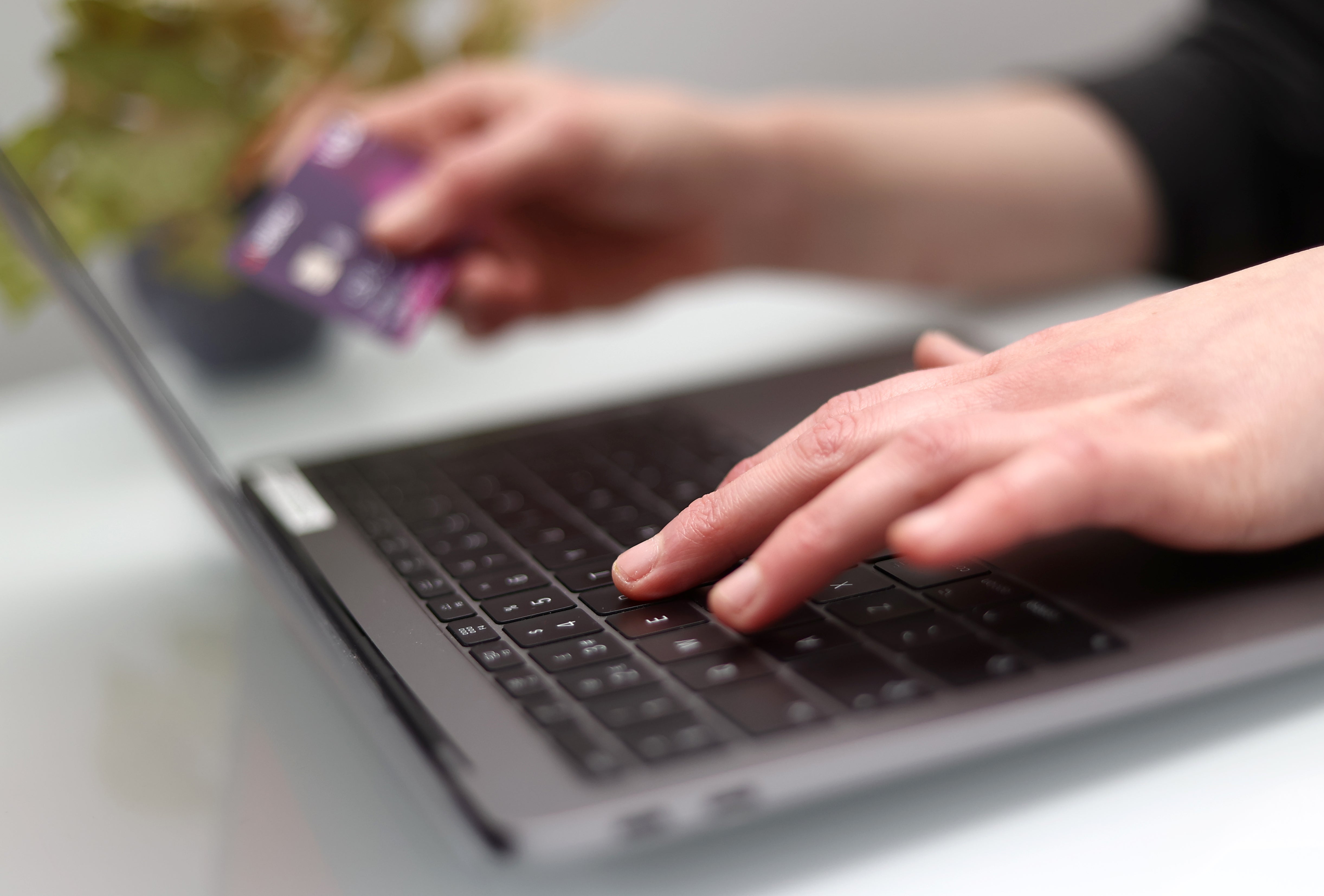42% of buy now pay later customers ‘borrowed money to make repayments’
In the 18 to 34 age group, just over half had used some form of borrowing, according to a Citizens Advice survey.

More than two in five recent buy now pay later (BNPL) customers ended up borrowing money to make their repayments, according to Citizens Advice.
People were asked how they had repaid BNPL purchases in the past 12 months.
Some 42% had used some form of borrowing, such as a credit card, bank overdraft, borrowing from friends or family, a personal loan, a payday loan or a guarantor loan.
In the 18 to 34 age group, just over half (51%) had used some form of borrowing.
It's just relying on one debt to pay off another debt
BNPL can be a way to spread the cost of purchases affordably, without having to pay any interest.
But the convenience of such services has led to concerns that people could leave themselves overstretched, with some having to turn to other, fee-charging methods of borrowing to pay the money back.
The UK Government plans to change the law to bring some forms of unregulated BNPL products into Financial Conduct Authority (FCA) regulation.
Klarna recently announced that it would report the use of BNPL products to UK credit reference agencies from June, to protect customers and provide the industry with greater visibility of BNPL use, helping to improve affordability assessments.
Opinium surveyed more than 2,200 people across the UK in March who had used BNPL in the previous 12 months.
Millie Harris, a debt adviser at Citizens Advice East Devon, said: “Most of the people I speak to who are using buy now pay later live off overdrafts and credit cards, so are using these for repayments.
“It’s just relying on one debt to pay off another debt.”
Buy now pay later is part of the credit industry and must urgently be regulated as such
Dame Clare Moriarty, chief executive of Citizens Advice, said: “Shoppers are piling borrowing on top of borrowing, and sinking into ever more desperate situations that can feel impossible to escape from.
“The spiral of debt from buy now pay later to credit cards, loans and even payday lenders shows it’s not a risk-free alternative.
“Buy now pay later is part of the credit industry and must urgently be regulated as such.”
A spokesperson from BNPL firm Clearpay said: “Globally, 90% of Clearpay transactions are made with a debit card and 95% of instalments are paid on time, demonstrating that our customers use their own money to pay for purchases and that they understand how our repayments are set up.
“Clearpay has always been supportive of fit for purpose BNPL regulation that protects the consumer. We look forward to HM Treasury’s decision on the matter and will continue to work closely with regulators and the industry.”
Bookmark popover
Removed from bookmarks